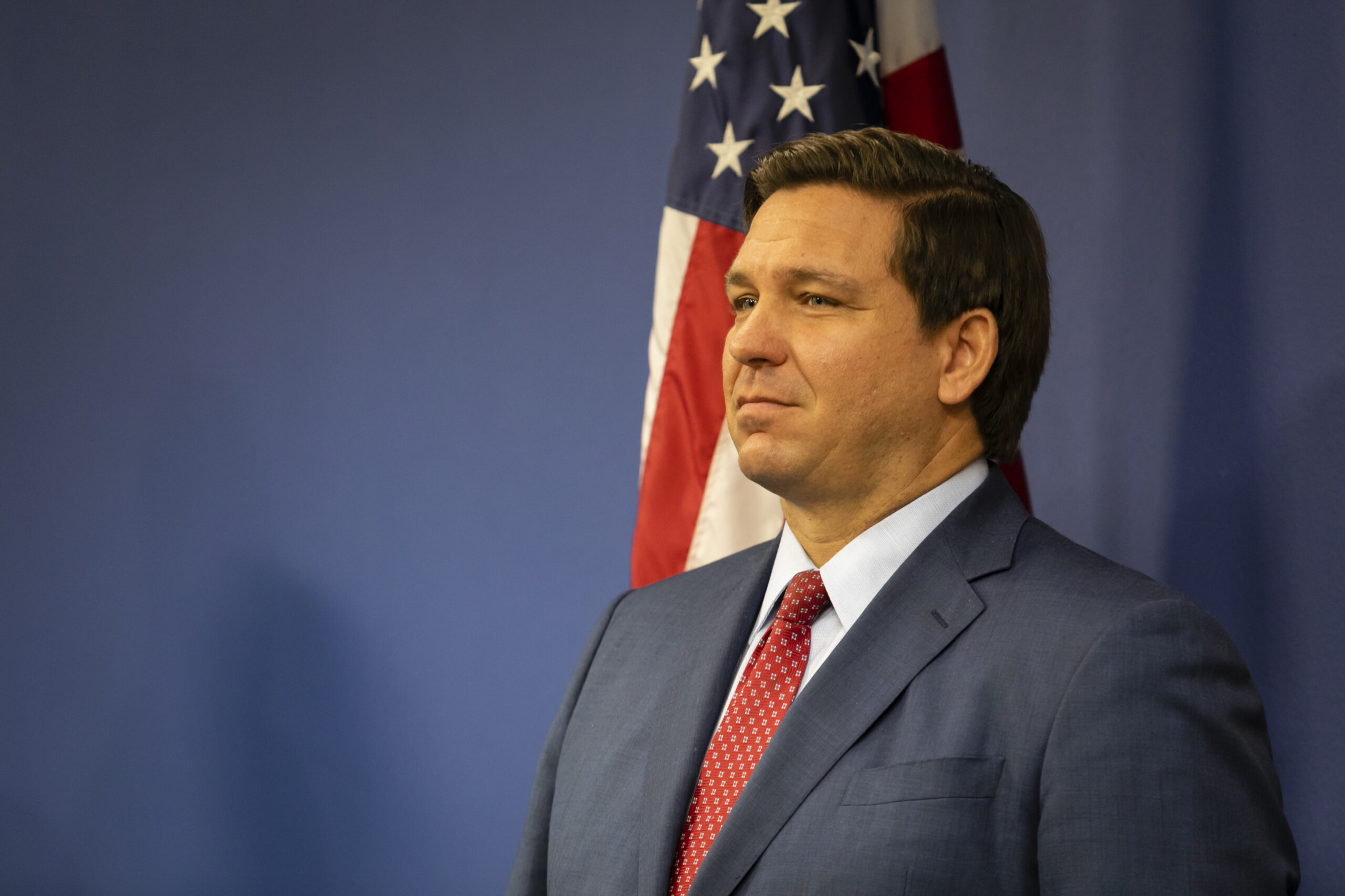
Florida Governor Ron DeSantis recently signed a bill into law that tightens regulations on social media use by minors, mandating parental consent for users under 16, a move that differentiates from his earlier veto of a bill imposing stricter restrictions. This legislation, identified as HB 3, directly responds to increasing concerns over the impacts of social media on youth, setting a clear age-based framework for account creation and usage.
Specifically, the law:
- Prohibits children under 14 from having social media accounts.
- Requires those aged 14 and 15 to obtain parental consent before signing up for platforms.
- Establishes a mechanism for enforcing these rules, including:
- The potential for legal action against non-compliant companies.
- Damages up to $10,000 for affected minors.
- Up to $50,000 per violation for the platforms.
The enactment reflects DeSantis’s broader legislative agenda focused on amplifying parental rights and safeguarding children from potential online harms. This includes past efforts like the Parental Rights in Education Act, aimed at limiting discussions on sexual orientation and gender identity in schools, and legislation enhancing parental oversight over school library materials.
What Do Tech Groups Think?
DeSantis’s stance has attracted criticism from technology industry groups, most notably NetChoice, which represents several major social media platforms. NetChoice has voiced strong opposition to the bill, characterizing it as an overreach and warning of its implications for online freedom and privacy. This law is part of a wider trend, with states like Utah and Arkansas implementing similar regulations aimed at increasing parental involvement in their children’s online activities.
The law is set against the backdrop of ongoing legislative and public debates over the role and responsibility of social media platforms in safeguarding young users, including:
- Kids Online Safety Act (KOSA): Seeks to create liability, or a “duty of care,” for apps and online platforms that recommend content to minors negatively affecting their mental health.
- Protecting Kids on Social Media Act: Proposes requiring parental consent for kids under 18 to use social media.
How Does the Law Address Addictive Social Media Features?
During the bill signing, Florida House Speaker Paul Renner emphasized that the legislation targets the addictive nature of social media without infringing on free speech rights, drawing comparisons to alcohol in highlighting the vulnerability of young minds to these platforms’ addictive features.
The bill, slated to take effect in January 2025, is expected to face legal challenges, particularly regarding its alignment with First Amendment rights. Both DeSantis and Renner have acknowledged these potential hurdles but maintain confidence in the law’s constitutional soundness and the necessity of its provisions for protecting children in the digital age.
Related News:
Featured Image courtesy of Eva Marie Uzcategui/Getty Images
